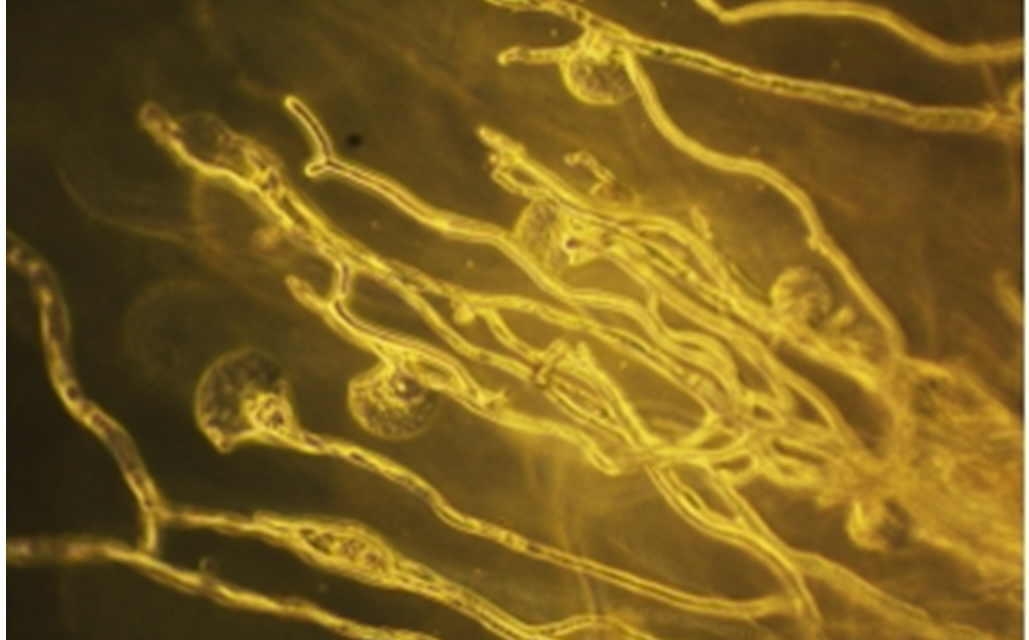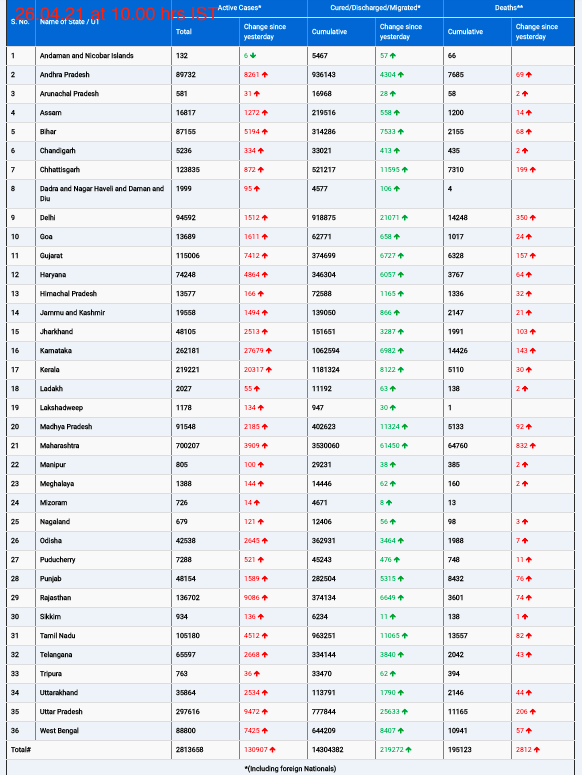August 21, 2024 — A pioneering drug delivery technique has shown promise in the treatment of fungal infections, offering new hope to patients with chronic respiratory conditions and weakened immune systems. Developed by a team of scientists from Agharkar Research Institute (ARI), an autonomous institute under the Department of Science & Technology (DST), this method could revolutionize the management of conditions such as asthma, cystic fibrosis, HIV, cancer, and those on long-term corticosteroid therapy.
The innovative approach employs polymeric nanoparticles to deliver drugs in a controlled and effective manner. Nanoparticles, due to their minuscule size and customizable properties, represent the most advanced method of drug delivery currently available. This technique could be particularly beneficial in overcoming the growing problem of drug resistance in antifungal therapies.
Presently, azole drugs are commonly used to treat fungal infections by targeting the fungal cell membrane. However, the increasing resistance to these drugs underscores the urgent need for more effective delivery systems. The ARI research team has taken a significant step forward by developing Nikkomycin-loaded polymeric nanoparticles. Nikkomycin is a chitin synthesis inhibitor produced by the bacterial Streptomyces spp. Chitin, a critical component of fungal cell walls, is absent in the human body, making it an ideal target for antifungal therapies.
The research, led by Scientist Dr. Vandana Ghormade and PhD student Kamal Mayattu, demonstrated that these drug-loaded nanoparticles effectively disrupt the growth of Aspergillus spp., a group of fungi responsible for the serious infection known as aspergillosis. The nanoparticles were specifically tested against Aspergillus flavus and Aspergillus fumigatus, both of which are known to cause severe pulmonary infections, particularly in immunocompromised individuals.
Importantly, the nanoformulation was found to be free of cytotoxic and hemolytic effects, indicating its safety for human use. The ARI team is optimistic about the potential of this method for developing inhalation-based nanoformulations, which could provide a targeted treatment for pulmonary aspergillosis and other fungal infections.
Their research findings were published in the journal Zeitschrift für Naturforschung C, highlighting the significance of this advancement. The team is now looking to expand the scope of antifungal nanoformulations and is exploring the possibility of a public-private partnership for commercialization.
This breakthrough represents a significant stride in the fight against fungal infections, offering a potential lifeline for patients with compromised lung function and those at high risk of severe fungal diseases.
For more details, visit the publication link: https://doi.org/10.1515/znc-2023-0185.












